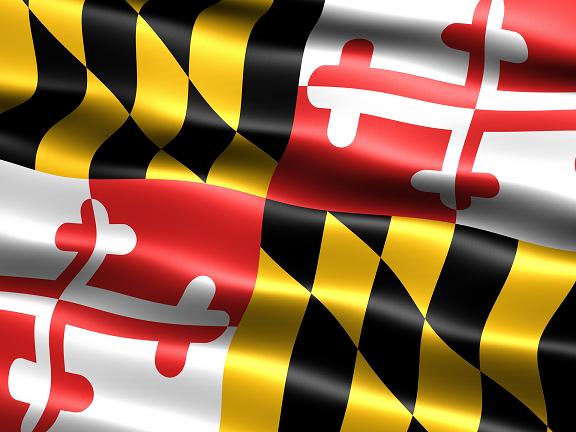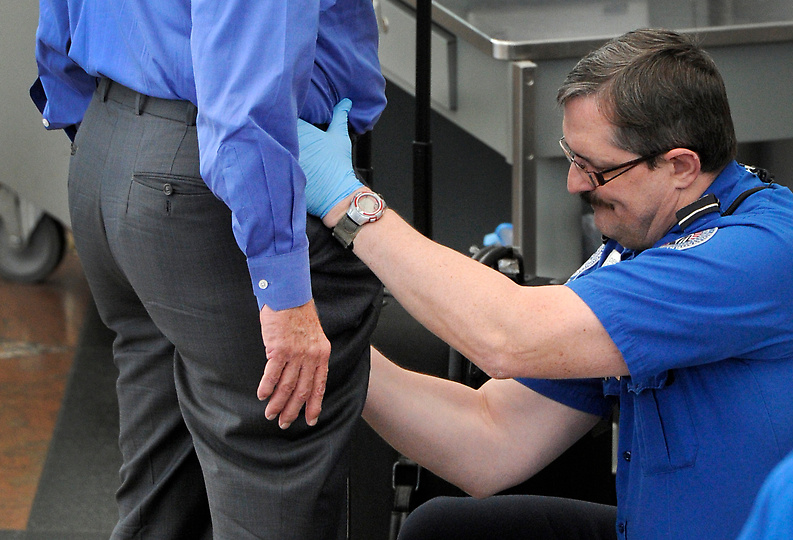Maryland
 Voters in Ohio and Maryland will decide whether to veto acts of their state legislature in November. Ohio voters will weigh in on Senate Bill 5, and Maryland voters will decide whether to keep the “Dream Act.”
Voters in Ohio and Maryland will decide whether to veto acts of their state legislature in November. Ohio voters will weigh in on Senate Bill 5, and Maryland voters will decide whether to keep the “Dream Act.”
Last week, Del. Neil C. Parrott and others won a key victory in their campaign to repeal a new law allowing undocumented immigrants to pay in-state tuition rates at public colleges. Elections officials announced that the opponents had enough signatures to suspend the law and put it to a statewide vote next year.
Maryland citizens have the ability to collect signatures and force a statewide referendum vote on laws passed by the legislature. However, for nearly three decades no campaign has ever been able to collect enough to make it to the ballot. Online petition signatures helped change that:
Last week, Del. Neil C. Parrott and others won a key victory in their campaign to repeal a new law allowing undocumented immigrants to pay in-state tuition rates at public colleges. Elections officials announced that the opponents had enough signatures to suspend the law and put it to a statewide vote next year.
Del. Patrick McDonough, a key Republican behind a popular effort to stop in-state tuition for illegal immigrants, said Maryland should give petition drives more time and fewer deadlines. The Baltimore County conservative stalwart says petitioners should have 90 days, instead of 60, to collect the 55,000-plus signatures needed to get a referendum on the ballot. He also wants to do away with the rule requiring one-third of the signatures in the first 30 days.
Maryland’s Court of Appeals decided Tuesday that petition signatures cannot be disqualified solely because they are illegible. The majority opinion of the state’s highest court says,
We hold that a signature on a petition for referendum is but one component of the voter’s identity that is to be considered in the validation process… An illegible signature, on its own, does not preclude validation.

Today I will be presenting the following testimony before the Maryland House Ways and Means Committee in support of House Bill 101.
 Early this morning I made the short drive to Annapolis, Maryland, to meet with Delegate Samuel Rosenberg (D-Baltimore) to ask what Citizens in Charge could do to support his bill aimed at preventing petition blocking and voter intimidation bill and help make it law in the Old Line State. Luckily, Del. Rosenberg asked us to do what we do best in the case: show that this reform will benefit all citizens no matter what their political leanings on any given issue.
Early this morning I made the short drive to Annapolis, Maryland, to meet with Delegate Samuel Rosenberg (D-Baltimore) to ask what Citizens in Charge could do to support his bill aimed at preventing petition blocking and voter intimidation bill and help make it law in the Old Line State. Luckily, Del. Rosenberg asked us to do what we do best in the case: show that this reform will benefit all citizens no matter what their political leanings on any given issue.
Basically, Del. Rosenberg’s bill prevents democracy from being blocked and tackled.
It’s long been known that officials in Howard County, MD are no fans of citizens’ petition rights, but as Larry Carson at the Baltimore Sun reports, the county now seems willing to resort to violence in order to keep petitions from being circulated.
 As air travelers continue to voice their discontent with the Transportation Safety Administration’s invasive new security procedures, Washington DC’s Metro transit system has instituted random bag searches, and many travelers are just as unhappy about the “Security Theater” on the train as in the airport.
As air travelers continue to voice their discontent with the Transportation Safety Administration’s invasive new security procedures, Washington DC’s Metro transit system has instituted random bag searches, and many travelers are just as unhappy about the “Security Theater” on the train as in the airport.
A hearing will be held next Thursday, December 9th at the US Court of Appeals for the 4th Circuit in Richmond, VA to determine whether Maryland’s election law imposes constitutionally impermissible limitations on the right of referendum by requiring an excessive “triple match” on petition signatures. The case is called Paul Kendall v. v. Ann Balcerzak and will be heard by Panel III, Courtroom 3, Room 223 at 9:30 AM.
After blogging yesterday about traffic enforcement cameras in Ohio, a reader pointed me to this excellent breakdown of red-light and speed camera votes around the country from TheNewspaper.com. According to the article, the cameras have never survived a public vote: they usually lose by margins of two-to-one.
Among the five additional communities to ban cameras is Houston, Texas - America’s fourth largest city:
The red-robed judges of the Maryland Court of Appeals had tough questions Wednesday for Kevin Karpinski, the lawyer representing Montgomery County’s Board of Elections, peppering him with openly skeptical queries and comments about why thousands of residents who sought to challenge a county law imposing ambulance fees saw their signatures scratched by elections officials.
Good news out of Maryland today in the Washington Post. There had been some shenanigans with thousands of signatures being tossed out by election officials and a judge:
Two high-profile ballot initiatives designed to scrap a new ambulance fee and impose term limits for elected officials failed to make the ballot in Montgomery County because of a new standard for signatures that some argue makes it nearly impossible to land voter referendums on the ballot in Maryland, The Washington Examiner reports. The majority of more than 30,000 signatures to do away with the recently adopted ambulance fee aren’t valid, according to local election officials. And the author of a petition to put term limits on the county executive and council expects the same fate.
After months of litigation surrounding allegations of signature fraud, the Maryland Court of Appeals has ruled that the Arundel Mills Slots Referendum will go on the Anne Arundel County ballot in November.

